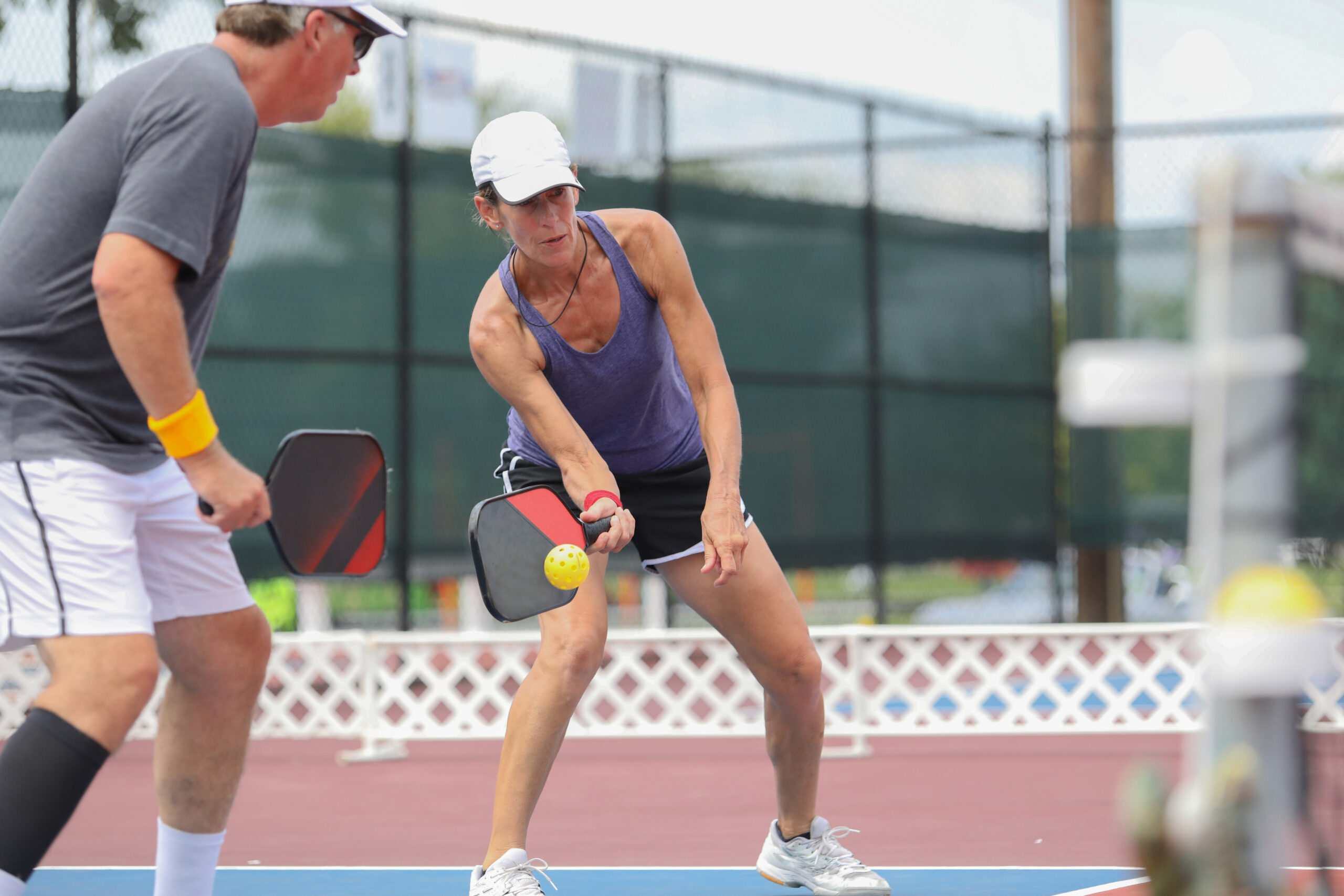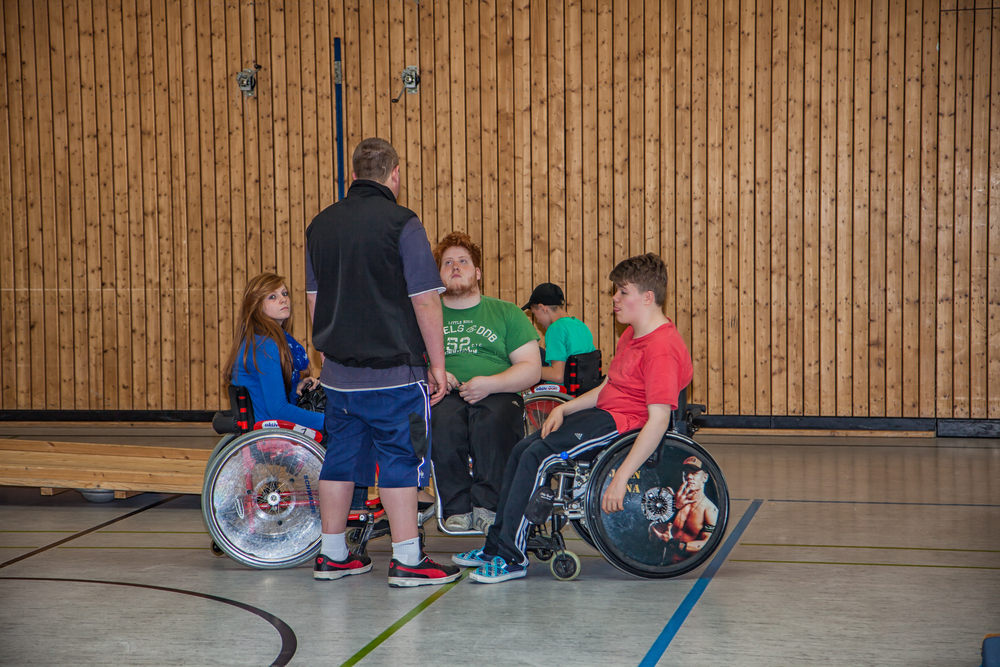Recreation Programs to Fill in Gaps in your Calendar

Recreation facility managers face a unique challenge of optimizing their schedules to make the most of their available space and time. As managers, we’re always looking for innovative ways to fill schedule gaps and ensure our facilities remain bustling hubs of activity throughout the day. This post will provide you with a handful of ideas focusing on auxiliary and accessibility-focused activities that you can incorporate into your facility’s schedule to boost engagement and inclusivity.

Auxiliary Activities
Empty space in your calendar is a great time to have fun with your offerings, so think outside of the box. Adding auxiliary activities to your schedule can diversify your offerings, attract different audience segments, and engage community members who aren’t typically served.
Fitness Classes
Consider hosting fitness classes during downtime. Yoga, Pilates, or Zumba classes can attract a variety of individuals looking to improve their health and wellness. Fitness classes can either complement your main activities or offer an entirely new avenue for community members to engage with your facility. They’re a great one-time class because the community can take the routines home with them.
Arts and Crafts Workshops
Workshops are a fantastic way to utilize your facility during quieter hours. Consider partnering with local artists or craft enthusiasts to host a weekly arts and crafts session. From pottery and painting to jewelry making and scrapbooking, the possibilities are vast. Flip through some hashtags on Instagram to find local crafters in your area who might be interested. Try hashtags like #craftsaltlake, #diysaltlake, or #homemadesaltlake.
Social Events
Regular social events can foster a sense of community within your facility. Consider hosting themed events, game nights, or even networking sessions during off-peak hours. These activities can make your facility a social hub in your community, driving regular footfall.

Accessibility-Focused Recreation Activities
Incorporating accessibility-focused activities can make your facility more inclusive and welcoming for all community members.
Adaptive Sports
Adaptive sports modify traditional sports to accommodate individuals with disabilities. Offer wheelchair basketball, goalball for visually impaired individuals, or seated volleyball games during your facility’s downtime. Partnering with local organizations dedicated to impaired individuals is a great way to make sure the programming has participants.
There are some great recourses to help you run adaptive sports.
The International Wheelchair Basketball Federation has information on their website to get you and your referees up to speed on how the rules differ from standing basketball. Goalball’s rules can be found on the United States Association for Blind Athletes; and USA Volleyball is a good resource for Sitting Volleyball.
For more inspiration, check out this story about Greg Grant and how he found a creative way to serve adaptive athletes in his community.
Sensory-Friendly Sessions
Many individuals, particularly those on the autism spectrum, may find the noise and bustle of a busy recreation center overwhelming. Consider scheduling sensory-friendly sessions where the noise is reduced, and lighting is adjusted to create a calmer environment.
Fitness Programs for Older Adults
Offering fitness classes tailored to older adults, such as low-impact aerobics, chair yoga, or aqua fitness can make your facility more appealing to this demographic. Regular classes can provide health benefits, social interaction, and a sense of community for older adults.
Pickleball
Pickleball is a rapidly growing sport that caters to a wide demographic. It’s easy to learn, requires less physical exertion than other racquet sports, and promotes social interaction. As such, it’s an ideal candidate to fill gaps in your schedule.
Consider organizing beginner clinics, round-robin tournaments, or social pickleball evenings to draw crowds during off-peak hours. Additionally, adaptive pickleball, using modified equipment or rules, can provide an inclusive activity for those with mobility or sensory challenges.
Utilizing DaySmart to Manage Your Diverse Schedule
Increasing the types of programs you provide can be a daunting task, especially if you aren’t confident in your registration software. DaySmart is a great option for managing your facilities so that you can focus on optimizing your schedule, and not the tedious administrative work behind the scenes. From scheduling classes and managing capacity to facilitating easy online registration, DaySmart streamlines everything on the backend of your new and established offerings.
Scheduling auxiliary and accessibility-focused activities with DaySmart is simple. The software’s flexible calendar tool lets you view your facility’s entire schedule at a glance, making it easy to spot and fill any gaps. Additionally, with its online registration capabilities, community members can sign up for their desired activities in just a few clicks.

In conclusion, filling gaps in your facility’s schedule requires creativity, inclusivity, and effective management. Whether it’s auxiliary activities like fitness classes and craft workshops or accessibility-focused recreation activities like adaptive sports and sensory-friendly sessions, these offerings not only maximize your space utilization but also make your facility a hub of diverse and inclusive recreation opportunities.
In your quest to fill schedule gaps, remember that each activity you add enhances your facility’s value to your community. Auxiliary activities introduce new ways for people to engage with your facility, while accessibility-focused recreation activities ensure that everyone, regardless of their abilities, can participate and enjoy what your facility has to offer. A full schedule means a bustling facility, and a bustling facility means a thriving community. With creative scheduling and the power of DaySmart at your fingertips, your facility can be the beating heart of your community.



